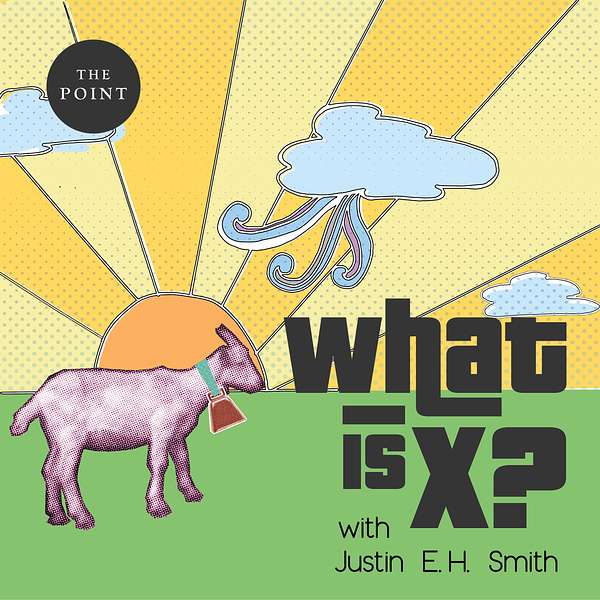
What Is X?
What Is X?
What Is Money? | Joseph Tinguely
This month on “What Is X?”—timed perfectly after the latest crypto crash—Justin asks, What is money? To begin the conversation, his guest—Joseph Tinguely, a philosophy professor at the University of South Dakota and the editor of the forthcoming Palgrave Handbook of Philosophy and Money—announces he isn’t sure himself. Together, Justin and Joseph attempt to figure it out—or to at least explain why it’s so difficult to grasp what money is. First, there’s the foundational problem of trying to understand money by looking at its historical origins: material objects might survive, but ephemeral beliefs and social formations do not. And then there are the foundational splits: is money an object or a social relation? Has money historically moved in the direction of increased abstraction, from cash to credit, or is it originally abstract—a particular kind of credit? Justin provides valuable firsthand experience from 1990 Leningrad, when the ruble collapsed and Marlboro Reds briefly held sway as the premier unit of exchange, but perhaps such questions are better left to the economic historians. Our philosophers also undertake some intractable philosophical inquiry: money’s association with sin and corruption, the relationship between theology and debt, what money has to do with friendship and gift-giving, and, of course, why it’s difficult to treat cryptocurrency as actual money.